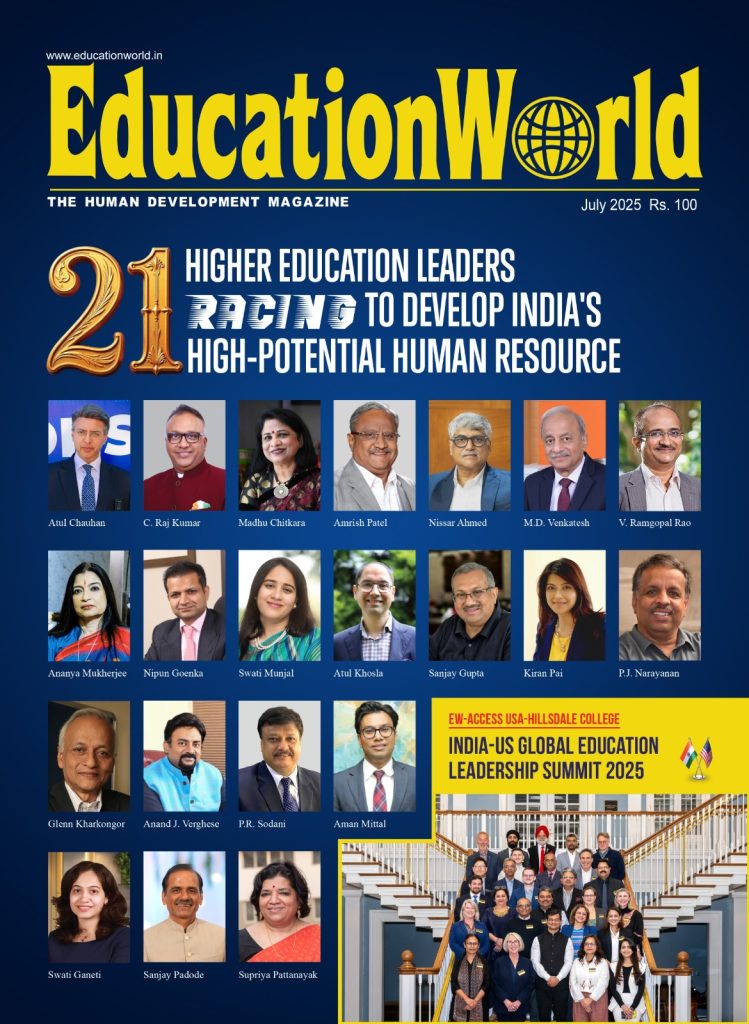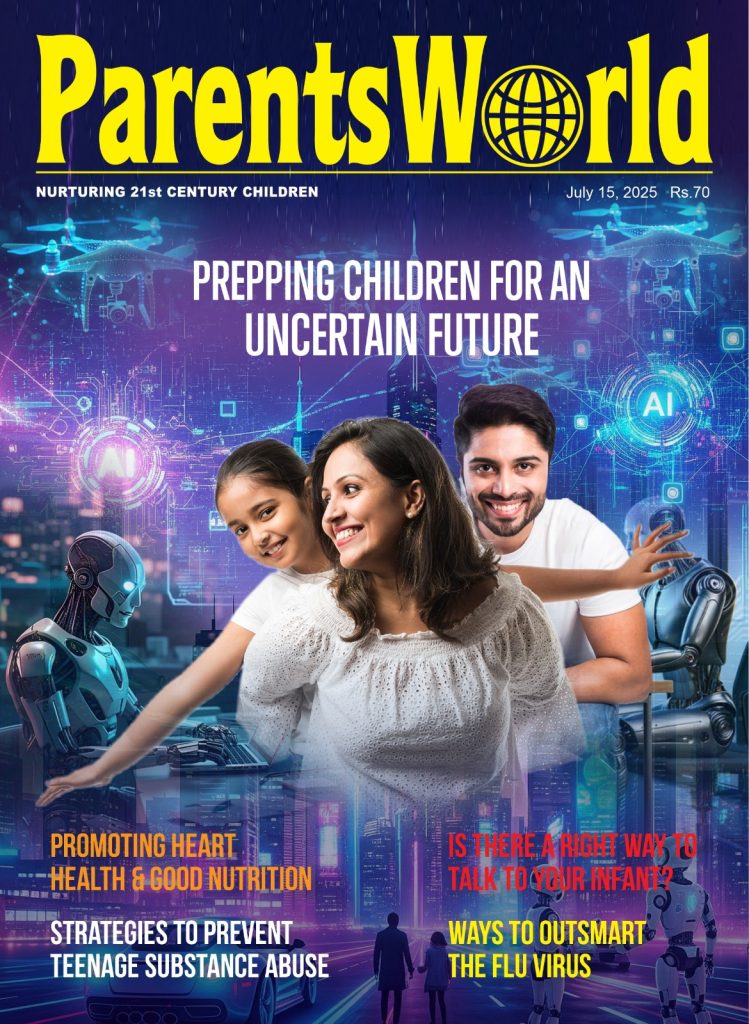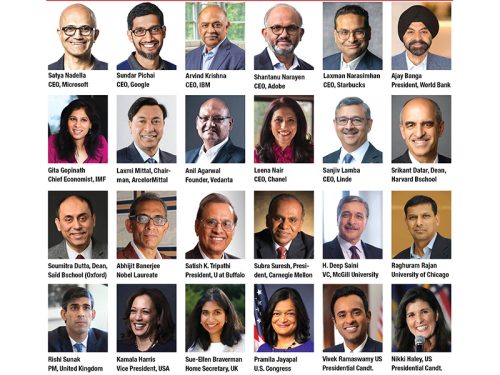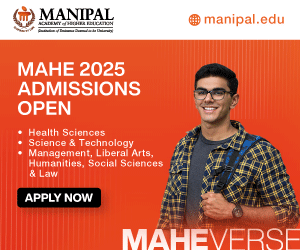Sir Padampat Singhania Education Centre, Kanpur
Founded in memory of one of independent India’s most prominent industrialists, SPSEC has built itself a formidable reputation which extends beyond the country’s leather goods capital
In the two decades since it admitted its first batch of students in 1982, the Sir Padampat Singhania Education Centre (SPSEC), Kanpur (pop. 4.3 million) has built itself a formidable reputation which extends beyond India’s leather goods capital. SPSEC was founded in memory of industrialist Sir Padmapat Singhania (1905-1979) of the JK Group of companies (annual sales revenue: Rs.2,077 crore) who in addition to his many distinctions was a signatory to the Constitution of India.
This CBSE affiliated, co-educational school which offers kindergarten to class XII education to 2,800 students instructed by 150 teachers and is sited on a 10-acre campus, strives for excellence in five ‘missions’ viz, academics, personality development, physical education, disci-pline, innovation and creativity. The attainment of these missions for all students is through five major task forces which plan and execute the school’s activities.
Not surprisingly SPSEC has received ISO 9001:2000 certification. “To achieve our larger goals of preparing conscien-tious and responsible citizens, we are developing confidence, discipline and leadership qualities in our students in a stress free education environment that makes use of innovative teaching methodologies,” says Manju Gupta, a psychology alumna of Meerut University, and principal of the school.
At SPSEC the drive for education innovation has translated into a maths laboratory, an audio-visual room, reading clubs, a botanical garden and an astro environmental project christened the Navgriha Vatika. The latter replicates a concept used in wasteland management and involves planting of nine trees of Indian origin representing the nine planets. The spirit of innovation which pervades the school also manifests itself in some of its students who stumped visitors at a recent exhibition with biodegradable plastic made out of milk and electricity generated from potatoes!
Moreover SPSEC is among the few schools across the country to be licensed by CBSE for teaching biotechnology. The school’s fully operational biotechnology lab equipped with centrifugation, pathological diagnosis, biochemical analysis, incubation, distillation, protein and DNA separation among other facilities has been well appreciated by educationists and scientists. Among them, Dr. Pushpangadan, director National Botanical Research Institute and winner of the Equator Initiative Prize who described his visit to the lab an “exhilarating experience”.
In the quest for providing well-rounded, holistic education, participation in extra-curricular activities has been built into everyday education with a ‘zero period’ (for co-curricular activities) preceding classes everyday. Senior school English teacher Jyoti Das believes such overt encouragement of skills development offers a great opportunity to students to discover their potential. “Each child has innate life skills which also need to be developed. Excessive emphasis on academics often masks special abilities. But by acknowledging each child’s special talents we make school a happy experience for everyone,” she says.
To this end classroom teaching is also assignment and project based and liberally supported by study tours and academic excursions. Economics teacher Shobhana Kaushik says this approach requires some conditioning of parental attitudes. “Parents have their own beliefs about good education which are moulded by what they did in school. It does take time for them to acknowledge the utility of newer ways of teaching. Therefore we also frequently organise orientation programmes for parents,” says Kaushik.
Emphasising the need for providing teachers with continuous learning opportunities and upskilling programmes, Gupta says: “To prepare parents and students for the future, teachers themselves have to be committed to continuous education. Therefore we’ve made sure that all our staff is computer literate and all our faculties and departments are networked. Moreover we constantly invite distinguished people from different walks of life to interact with our teachers and conduct workshops on a whole range of subjects from career counselling to education for global citizenship.”
The school’s four separate buildings house the kindergarten, primary, secondary and higher secondary schools. Infrastructure includes a library with 24,000 books, an art and crafts resource centre, a music room with a wide range of Indian and western instruments, a multimedia equipped computer section with 70 computers, an internet connected LAN lab and facilities for sports like football, golf, basketball, cricket, skating and table tennis.
All this adds up to an excellent academic record. In 2003, all the 219 class X and 308 class XII students who wrote the CBSE board exams passed with 13 students being awarded merit certificates. Moreover 32 students cleared the entrance exams to prestigious institutes like the NDA and IITs.
Likewise the SPESC management’s emphasis on sports as an extension of its belief that only physically fit individuals can be mentally fit citizens, has enabled its students to excel in district and national level sports meets. In 2002-03, two students made it to the UP Ranji cricket camp.
According to Gupta immediate future plans at SPSEC include offering humanities as an option at the Plus Two level; construction of a lecture hall-cum-gym to accommodate 350 students; installing a ISDN line for speedy internet connectivity; air-conditioning the library and exploring new linkages for students wishing to pursue their studies abroad. “Our road map is clear and unequivocal. We shall continue to innovate new ways of teaching and learning. We intend to inculcate a love of the physical sciences so that our children feel encouraged to pursue research which is vital for national development. Our larger goal is progressive and experimental teaching that has roots in our history and culture yet oriented towards the future,” says Gupta.
Ambitious goals no doubt, but reflective of a commendable commitment to continuous improvement.
Box
Admission & fees
Admission forms for senior and primary wings are available on specified dates in June. Admission is on the basis of a written test and interview followed by a medical examination.
Fees
Admission fee Rs.6,500
Caution money (refundable) Rs.6,500
Junior school (class I-V) Rs.4,200 (per quarter)
Senior school (class VI–X) Rs.4,200-4,600 (per quarter)
For further details contact: Sir Padampat Singhania Eductaion centre, Kamla nagar, Kanpur 208 005. Phones: (0512) 2218222, 2218283 Fax: (0512) 2218283. E-mail: [email protected]. Website: www.spsecindia.com.
Vidya Pandit (Lucknow)


















Add comment